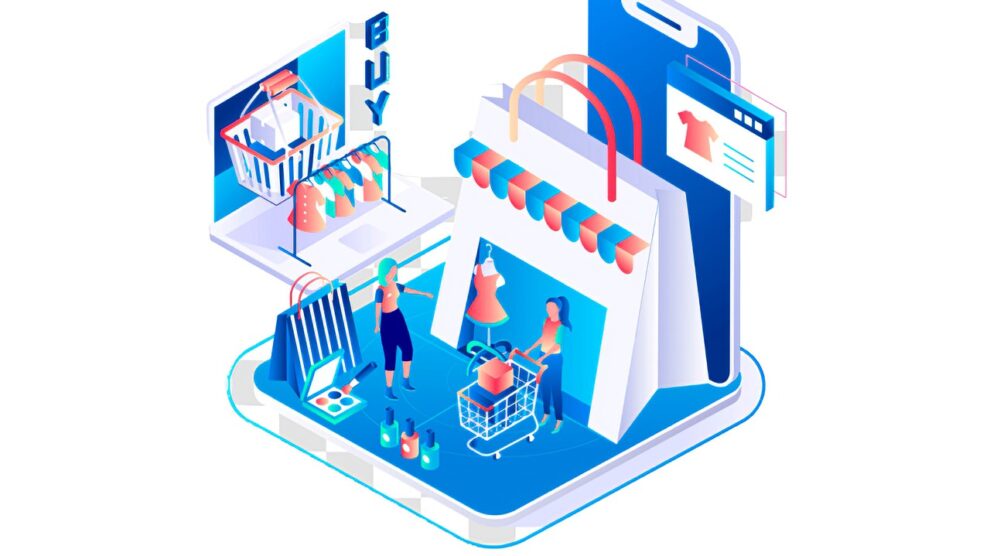To see big returns on marketing efforts, small businesses must build strategies around critical dates on the consumer calendar. Black Friday, Cyber Monday, and Super Saturday, to name a few, are all days when shoppers are looking for somewhere to spend their money.
Businesses that gear up for those days by amplifying their marketing and preparing for crowds can expect game-changing sales. The following tips will help you to pinpoint those days and prepare for them in a way that will attract customers and supercharge sales.
Get focused on key shopping dates
Small businesses need to plan well in advance to get the most out of key shopping dates. Getting key elements of your marketing strategy in place may take some time, which is always in short supply for small business leaders.
Commit to carving out time early in the year — the first big date arrives in mid-summer — to map out a strategy and start putting the pieces in place.
When you sit down to brainstorm how you’ll execute on key dates, here are the top five you should have in mind:
- Amazon Prime Day: Prime Day occurs for two days in mid-July and inspires an outrageous amount of consumer spending. While Amazon is the main target, any business can promote sales events to coincide with Prime Day and gain some momentum from the consumer frenzy it inspires.
- Black Friday: Seen as the start of the Holiday shopping season, Black Friday traditionally happens the day after Thanksgiving, although in recent years, retailers have begun launching Black Friday sales days earlier.
- Small Business Saturday: This is a key day for small businesses, as it spotlights their vital role in local economies. It happens on the last Saturday of November, which allows it to piggyback on Black Friday excitement.
- Cyber Monday: Slated for the Monday after Thanksgiving, Cyber Monday provides a holiday shopping option for those who don’t want to brave the Black Friday crowds. It has become a record-breaking shopping day in recent years, prompting the biggest (https://www.emarketer.com/content/cyber-monday-projected-biggest-online-shopping-day-ever) online shopping day ever in 2022.
- Super Saturday: Sometimes called “Panic Saturday,” this is the last Saturday before Christmas, during which shoppers rush out to finish their lists. While Super Saturday shoppers can include procrastinators, it also involves a lot of savvy shoppers looking for deals.
Be strategic about drawing in shoppers
To reap the benefits as a small business on any of these days, the first step is to make sure shoppers can find you. A great way to boost your visibility is to maximize your Google Business Profile.
Your Google Business Profile shows up on Google when people search for your business or the service or product you provide. It’s a great way to give people the details they need to connect with your business, including its location, hours of operation, link to its website, photos, reviews, and more.
As you prep your profile for important dates, make sure to complete Google’s (https://support.google.com/business/answer/7107242?hl=en) verification process, which allows you to claim the business as your own and gain control of the listing. Additionally, make sure the serviceable area designated by the listing is correct so that you will reach the right audience.
Optimizing your website is another core element of gearing up for important days. Does it have all of your core products and services? Is what you do and the value you provide to your customers clear? Is your language simple and clean? Is it easy to take advantage of the promotions you are running on key shopping dates?
If you are selling online, make the process as frictionless as possible. For small businesses, this will most likely involve tapping into services like Shopify or WordPress that provide online sales tools and streamline your fulfillment process.
Even if you don’t sell items on your website, it could still be an interim step that shoppers take between searching for an option and arriving at your store. Make sure they have a good experience and get the information they need to propel them forward on their customer journey.
Don’t sleep on social media
A solid social media strategy is critical for making the most of important dates. Focus your organic posting on networking and (https://www.forbes.com/councils/theyec/2023/06/08/the-power-of-storytelling-for-your-business-unleashing-your-inner-storyteller/) storytelling.
First, make sure your social media accounts are following other small businesses. This means engaging, commenting, and collaborating with other businesses to generate a community. Active social networking will help you enormously, allowing your name to reach new audiences who will inevitably start engaging with you.
Second, create thumb-stopping content. There is so much noise on social media, so think hard about what would cause someone to stop and look at what you have to say. What story can you craft that will be compelling to shoppers?
To really stand out, post videos or animations — the highest-converting content — to show the human side of your business. Get comfortable being on camera and showing off your product, shop, and customers.
Overall, you should focus on building hype around big shopping days. Showcase your special offers and why you are the best option for shoppers on these crucial dates.
With paid social, the key is targeting the right audience and hooking them with meaningful promotions. To do this well, invest some time in understanding your audience. Find out who they are, where they live, and their age group so you can develop posts that resonate with them.
Also, leverage your past sales data to develop impactful promotions. The discounts, offers, and promotions that converted in the past are a great indicator of what will attract people in the future.
Big shopping days are an opportunity to benefit from the buzz in consumer culture. Focus your efforts on those days, and you’ll get the most significant return on your marketing investments.





